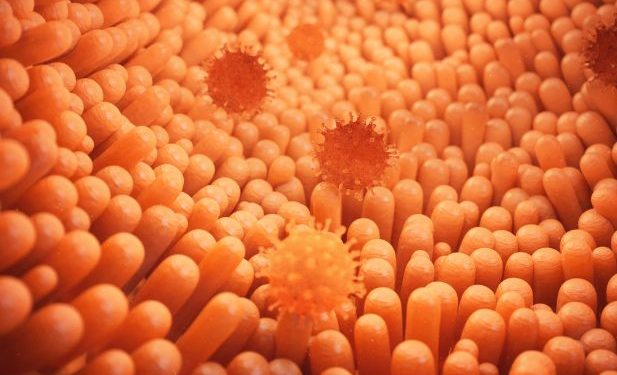Giardiasis is a parasite that causes diarrhea, abdominal pain, and other symptoms. It is transmitted by contact with feces of an infected person. The disease is most often caused by poor sanitation, but it can also be spread by person-to-person contact. However, it is not uncommon for people to become infected without displaying any symptoms. Some people get better on their own while others require treatment.
If you suspect you or a loved one is infected with giardia, you should visit a medical professional. In some cases, a doctor may perform an upper endoscopy to identify the parasites. Another option is to have a biopsy of the small intestine. A thin, flexible tube is placed through your mouth and into the intestine to obtain a tissue sample. A microbiologist will then examine the sample for signs of giardia.
A doctor will also look for signs of malabsorption, a condition where your body does not absorb nutrients. Signs of malabsorption include abdominal pain and loss of appetite, muscle wasting, and significant weight loss. This can be caused by a vitamin B6 or B12 deficiency. Your physician may prescribe a medication such as tinidazole or nitazoxanide.
The most effective way to avoid giardiasis is to practice good hygiene. Ensure that you wash your hands before and after preparing food and eating. Wash your hands thoroughly after changing diapers and after using the toilet. You should also stay away from raw meat, fruits and vegetables. Whenever possible, drink bottled water.

If you suspect you have giardiasis, you should visit your doctor as soon as possible. Although giardiasis is usually not serious, some of the symptoms can be severe. These include vomiting, dehydration, and difficulty in digesting dairy foods. Also, some patients have problems with their immune system.
Because giardiasis is easily transmitted, it is important that you do not come in contact with someone who is infected. In particular, you should avoid touching the feces of a child or adult who has the disease. People who work in childcare or in a restaurant are at risk of contracting the infection.
For children with giardiasis, the symptoms tend to be less severe than those of adults. However, some of the symptoms are similar. They include nausea, abdominal pain, and diarrhea. Other signs of the illness can include hives, eye swelling, and joint swelling. There are certain antibiotic medications that can help you manage your symptoms.
Treatment of giardiasis is available through the use of antibiotics, and sometimes, the infection can be cured through home remedies. The most common medications used for the treatment of giardiasis are nitazoxanide and tinidazole. Do not take these medications if you are pregnant or breastfeeding. Pregnant women should talk to their health care provider before taking any medications. Medications can cause problems with the unborn child, including flatulence and yellow eyes.
It is also important to make sure that you drink only from safe water sources. Many travelers will not have access to clean drinking water while traveling.









